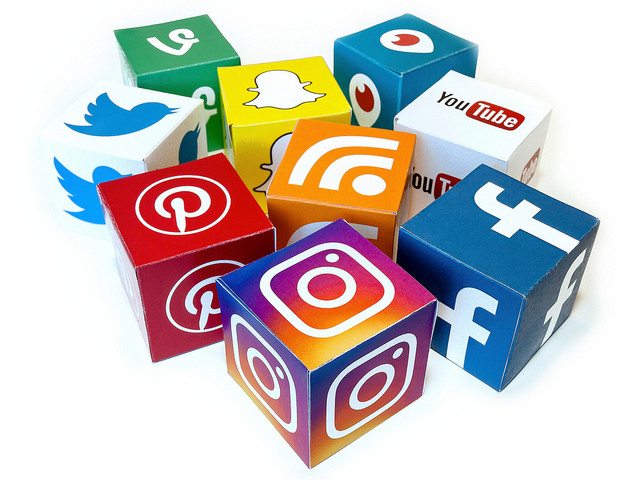A recent study looked into the effects of social media usage on boys and girls, with the latter prone to suffer mental health problems than the former. Cyberbullying is shown to play a crucial part in triggering the problem.
Social media works both ways--it can do harm and good. It can inform, educate, and act as a form of enjoyment. On the downside, it can do as much damage and destroy a person's mental wellbeing.
Researchers at University College London (UCL) interviewed nearly 11,000 14-year-olds who are taking part in the UK Millennium Cohort Study, a major research project into children's lives, to determine the correlation between social media usage and its effects to mental health.
The participants answered questionnaires about social media use and their mental health, with leading questions that measured their emotions, self-esteem, feelings, and how much they agree or disagree with certain scenarios. The statements used included "I felt miserable or unhappy" and "I didn't enjoy anything at all," to name a few.
The results showed that girls spend more time on their social media apps than boys do and are prone to showing signs of depression. Twenty percent of the boys and 40 percent of the girls spend over five hours on social media daily, with the latter showing signs of mental health problems.
Meanwhile, ten percent and four percent of the boys and girls, respectively, reported abstaining from it completely. Author Professor Yvonne Kelly said there is an increase of depressive symptoms with greater daily hours of social media use.
The team narrowed down factors that can cause social media to impact mental health and these include sleep deprivation and cyberbullying. More social media use can result in poor sleep, which in turn is linked to depressive symptoms.
"Experiencing online harassment was linked to poor sleep, poor body image, and low self-esteem; and that girls and boys with poor body image were more likely to have low self-esteem."
A finding by Jean Twenge, a researcher who has been studying the effects of screen time on mental health, supports this study. She found that social media is a high contributor to depression and suicide among young people, especially for girls. Girls tend to have it worse because they tend to compare themselves with others, which can make them feel inferior.
This is where parental guidance should come in handy. Guardians should be mindful of their children's social media usage and share best practices to avoid the risk of developing mental health problems.






